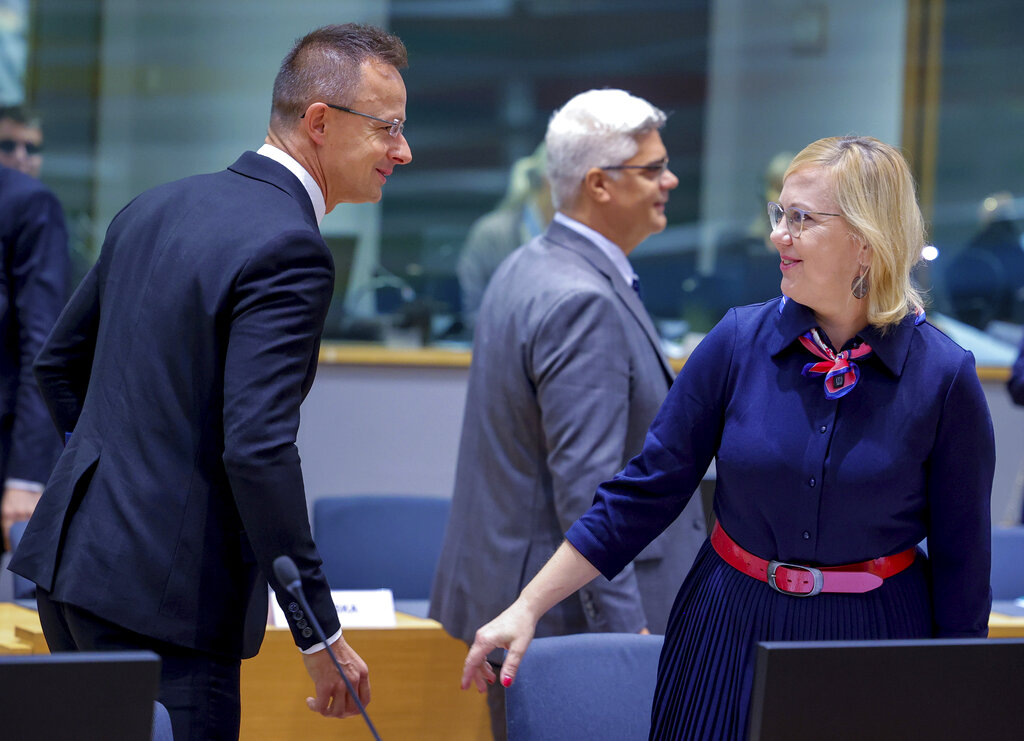Poland has consistently been opposed to an EU ban on the sale of cars with internal combustion engines by 2035, said Polish Environment Minister Anna Moskwa while speaking at a conference on renewable energy in Brussels.
She said that in informal discussions, the number of voices that are skeptical of this reform is rising.
“Countries are waking up and beginning to realize that 2035 isn’t far away, especially smaller states, which as one can imagine will be flooded with foreign technologies, and their societies are beginning to understand the reality and the implications for them,” she said.
Moskwa hoped that the crescendo of such voices would be heard and that leaders in the EU would take notice. She said that she, for one, took every opportunity to argue that this reform was unrealistic and was relieved to see moves to enforce such a ban had been slowed.
“Any delay in the implementation of this would be good news. We will gladly build a coalition opposed to this,” she added.
The Polish environment minister was also uncertain whether the new German position that has blocked the directive was helpful.
“Today, this proposed directive includes the ban on registering new cars with internal combustion engines after 2035. Germany proposes a change in this definition so that cars with combustion engines that run on synthetic or biofuels are exempt.” In the minister’s opinion, “the discussion is about combustion engine cars and not about other technologies.”
In her view, Germany was not interested in banning internal combustion engines entirely, but instead, the country wants to redefine what an internal combustion engine actually means.
Moskwa said she hopes that the proposal to stop the sale of cars with internal combustion engines by 2035 will be scrapped. She said that Poland will back any coalition that can achieve this goal.






